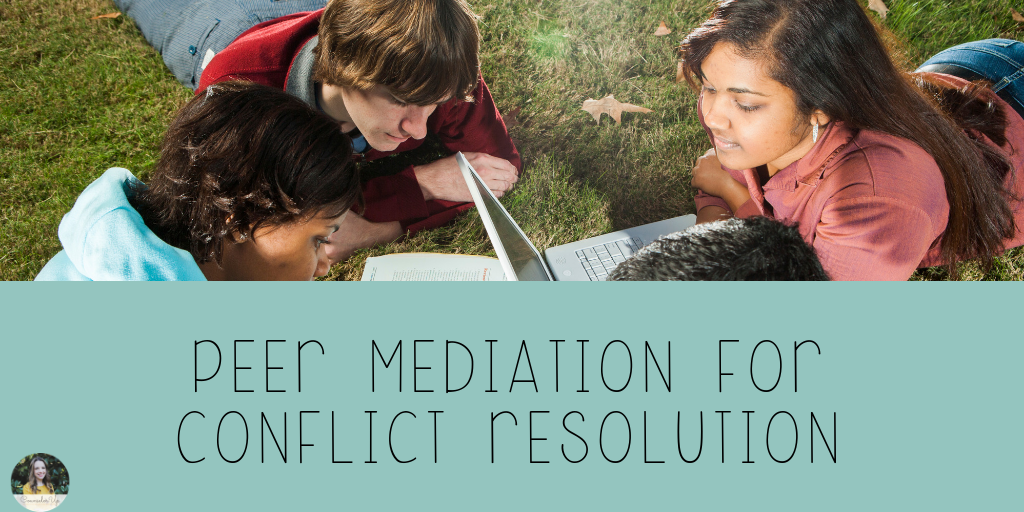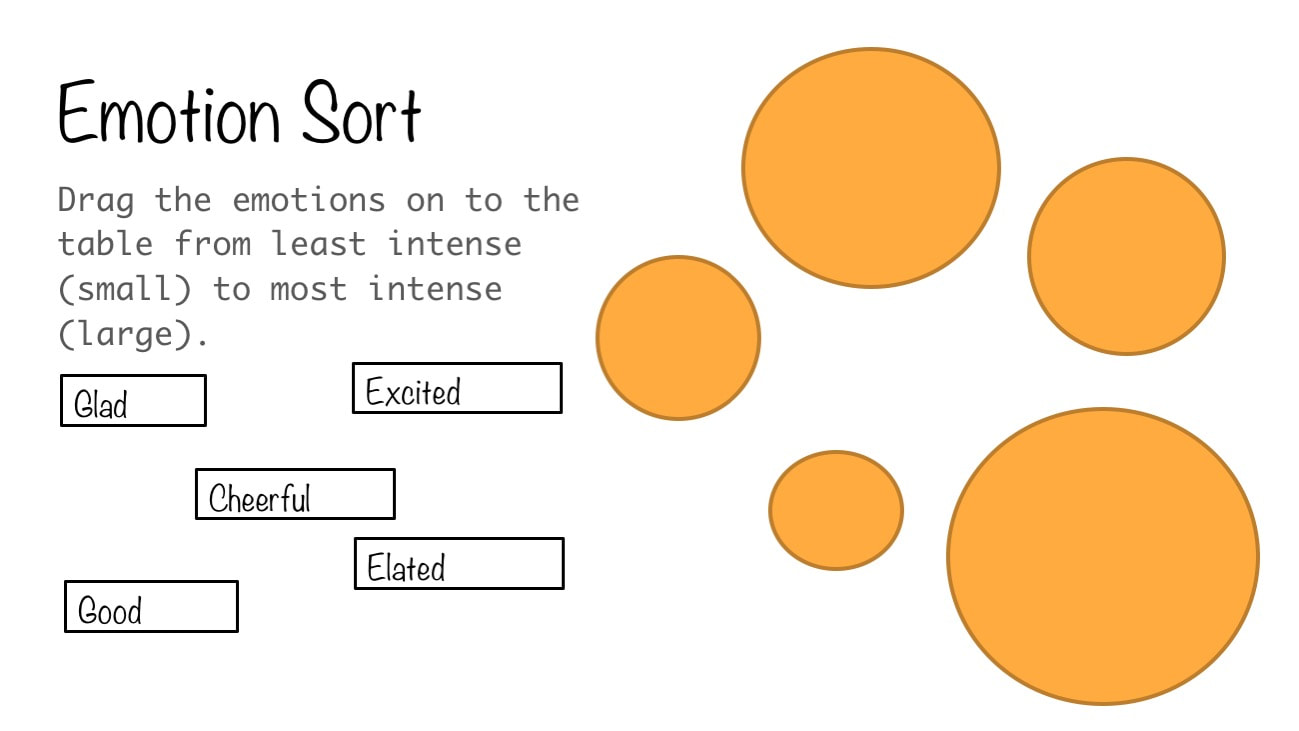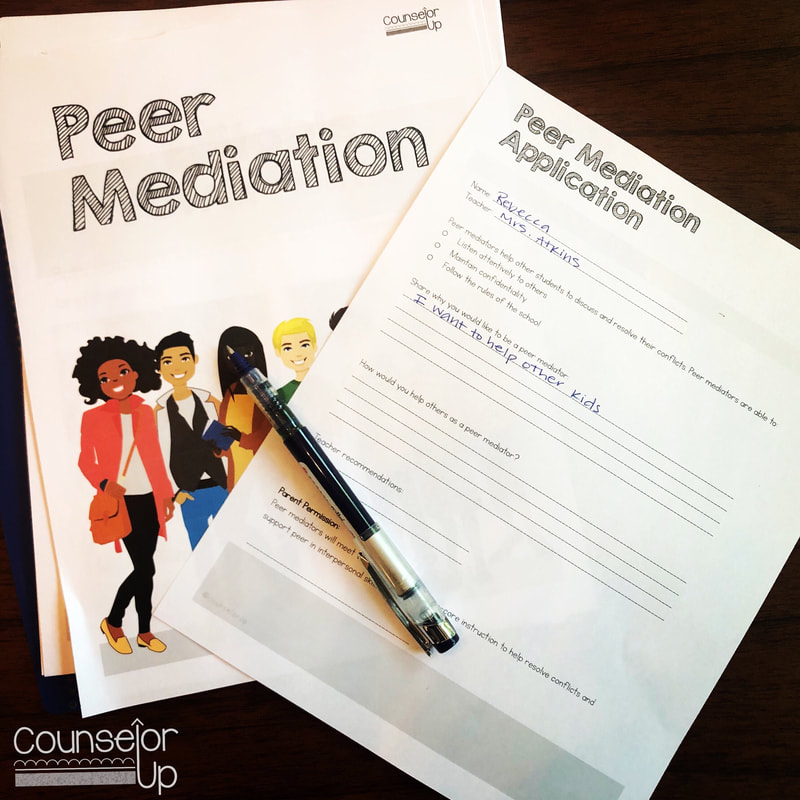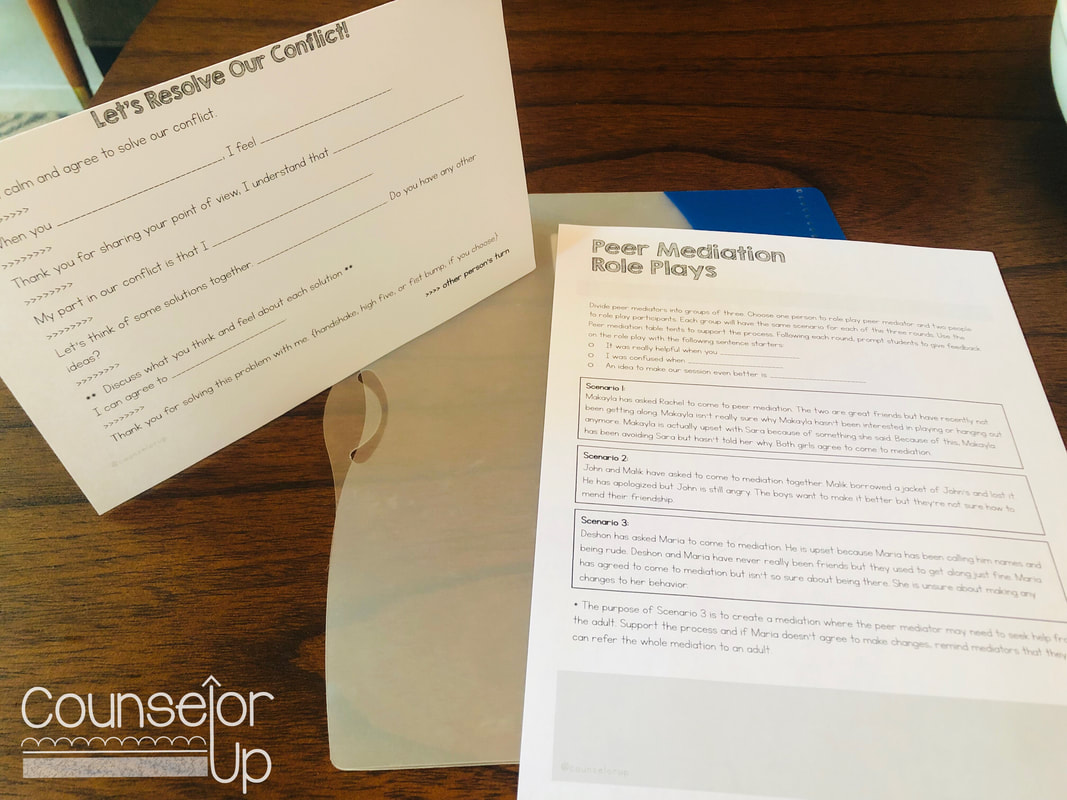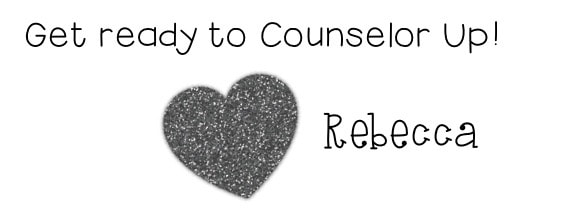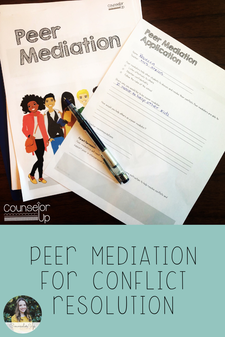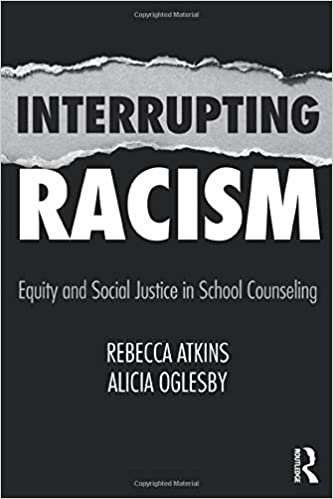As always, I've tried to include everything you need here to get you started. If you're interested in purchasing the materials ready made, you can find them on my TpT store all nicely organized for you.
Counseling Lessons on Conflict Resolution
Lesson 1
- Intro feelings - feelings can be big or small. Give students a list of feelings and ask them to rank in order of intensity. For example: bummed, disappointed, mad, angry, furious
- Domino Effect - show a cool video of dominos. Explain the concept of "domino effect" - it can seem inevitable, but remove one domino and the whole thing stops. This can happen with emotions too!
- Cause and Effect - we each have actions that are related to emotions. For example, you are angry, you might shout; you are sad, you might cry, you are annoyed, you might roll your eyes. Some actions are healthy and some are unhealthy. We might need to use strategies to stop the dominos when we have unhealthy actions related to behavior.
- Brainstorm Strategies - ask students to write strategies they use for managing emotions. Collect all post-its. Place posters around the room with different emotions and redistribute (appropriate) post-its to groups of students. Ask them to connect strategies to the feelings that would be the best fit. For example, deep breaths for angry or talk it out for nervous.
- Role Play - if you have time, consider a role play to practice different strategies!
- In this lesson, I wanted to concentrate on the steps for problem solving that we will use for peer mediation.
- Intro: Describe conflict and understand that friends can have conflict and remain friends. Classmates can have conflict and still work together again.
- Conflict Resolution: We used these steps for conflict resolution - 1) cool off 2) share & listen 3) brainstorm solutions 4) choose a solution 5) affirm, thank, or forgive
- Walk through each step using an example conflict and practice, practice, practice!
- Intro peer mediation and ask students to apply if interested
Peer Mediation
Peer Mediation Practice 1
The first practice lesson includes an inclusion activity and introductions. At this time, we establish norms and really work on working as a team. We spend time thinking about the importance of reputation of peer mediators:
- What does reputation mean?
- Why is reputation important?
- What characteristics make a good mediator?
- What does confidentiality mean?
- Is condifentiality important for peer mediators? Why?
Time to practice! Using the steps of conflict resolution from Lesson 2, we practice peer mediation in groups of three. One person is the role play peer mediator and two people play participants. Each group will have the same scenario for each of three rounds. I created "Let's Resolve our Conflict" table tents to support the process. Following each round, prompt students to give feedback on the role play with sentence starters:
- It was really helpful when you __________________.
- I was confused when __________________.
- An idea to make our session even better is ________________.
In scenario 3, I tried to create a tough situation where the peer mediator may need to seek help from an adult. Some groups won't reach that conclusion but most of the time, at least one group will need help. This is a reason to celebrate! They will need help sometimes and that's OK.
Peer Mediation Practice 3
We're ready for nuts and bolts. For practice 3, we go over the process and expectation for peer mediation. The process for peer mediation is very unique to your setting. Here are some prompts to consider when introducing process to your students:
- How will students self-refer to peer mediation?
- Can staff members refer students to peer mediation? can administrators choose peer mediation as a result of a discipline referral if both students agree to it?
- When will peer mediation take place?
- How will you document which students participate and the outcome of their participation?
- How long will each peer mediation last?
- What is the schedule for peer mediators? Will multiple sessions occur at once or will mediators rotate through one at a time?
- Do you plan to use conflict resolution notes (taken by mediators during the session), agreement cards (participants write their agreement as a reminder), post-resolution surveys?
Finally, we spend some more time practicing with mediators thinking up their own scenarios. If you feel like your mediators aren't ready, add more practice sessions until they are!
The Goal of Peer Mediation
As always, I've tried to include everything you need here to get you started. If you're interested in purchasing the materials ready made, you can find them on my TpT store all nicely organized for you.

